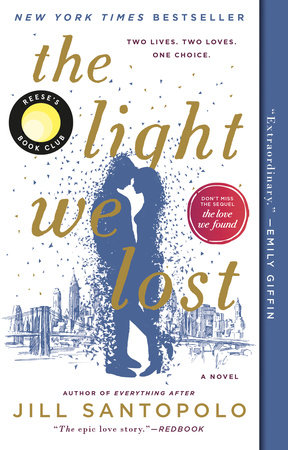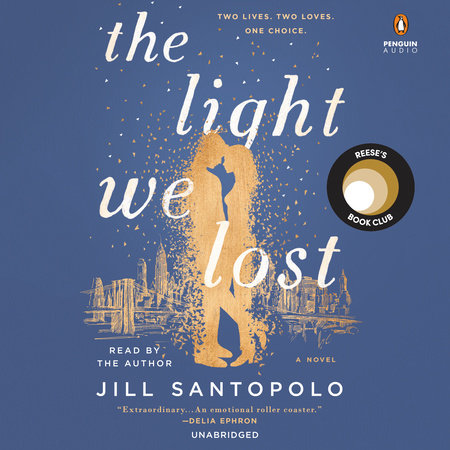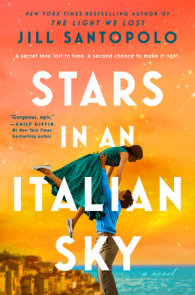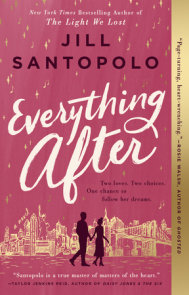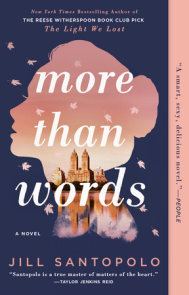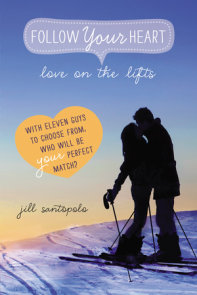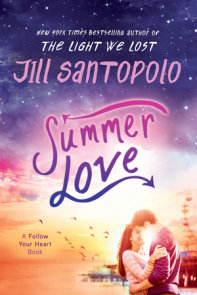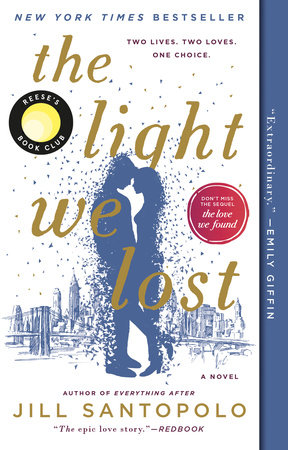

The Light We Lost: Reese's Book Club
By Jill Santopolo
By Jill Santopolo
By Jill Santopolo
By Jill Santopolo
By Jill Santopolo
Read by Jill Santopolo
By Jill Santopolo
Read by Jill Santopolo
Part of The Light We Lost
Part of The Light We Lost
Part of The Light We Lost
Category: Women's Fiction | Contemporary Romance
Category: Women's Fiction | Contemporary Romance
Category: Women's Fiction | Contemporary Romance | Audiobooks

-
$18.00
Feb 06, 2018 | ISBN 9780735212763
-
May 09, 2017 | ISBN 9780735212770
-
May 09, 2017 | ISBN 9781524775827
436 Minutes
Buy the Audiobook Download:
YOU MAY ALSO LIKE
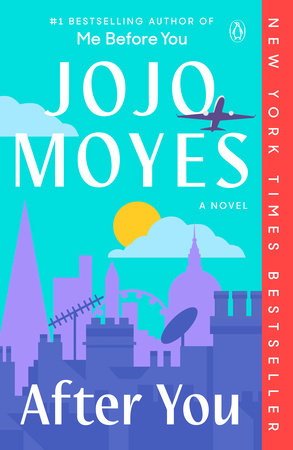
After You
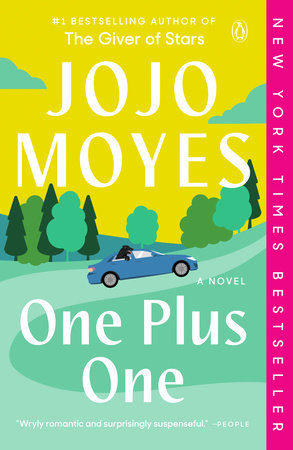
One Plus One
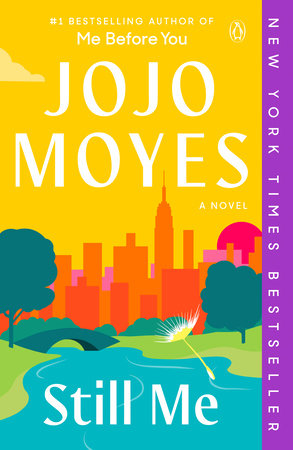
Still Me
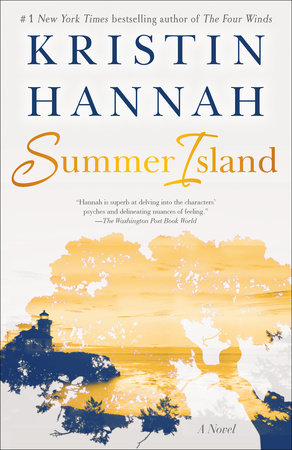
Summer Island
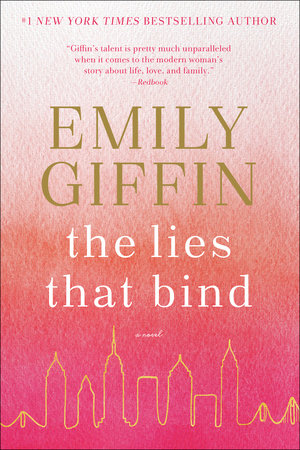
The Lies That Bind
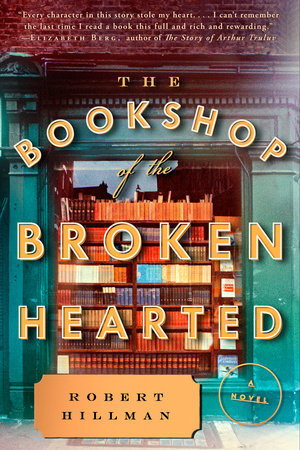
The Bookshop of the Broken Hearted
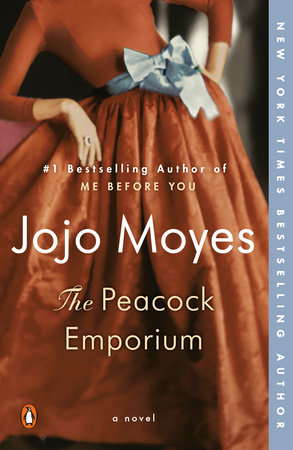
The Peacock Emporium
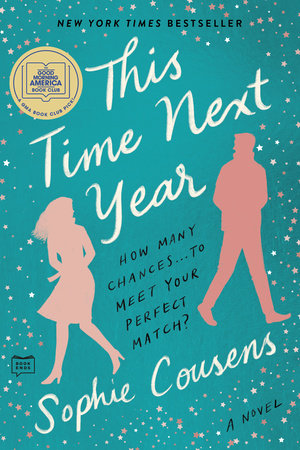
This Time Next Year: A GMA Book Club Pick
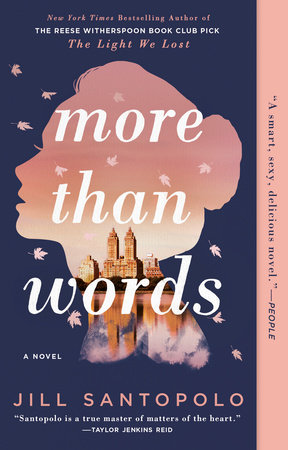
More Than Words
Praise
Praise for The Light We Lost
“It’s the epic love story of 2017 and the ending is one you’ll be feeling for months to come.”—Redbook
“An irresistible tale of love and second chances.”—People
“Extraordinary.”—Emily Giffin
“This moving story is a perfect understanding of the sacrifices we make for love and for our dreams.”—Real Simple
“Your new tearjerker has arrived: Fans of Me Before You and One Day will love/weep over this elegant novel.”—New York Post
“This read is One Day meets Me Before You meets your weekender bag.”—The Skimm
“Have your tissues ready…This book will sink its hooks into your heart on page one, and leave you scarred long after you’re done.”—Bustle
“Enchanted and compelled me.”—Delia Ephron, author of Siracusa
“A wonderful and heartbreaking book….The kind of heartbreak that’s in The Way We Were, that you really love to cry over.”—NBC New York’s Weekend Today
“Heart-wrenching yet beautiful.”—US Weekly
“A beautiful and devastating story that will captivate readers.”—Kirkus Reviews (starred review)
“Comparisons will be made to David Nicholls’ One Day, but there is something more romantic here—yet also more grounded—that will draw readers in.”—Booklist
“Gorgeously written and absolutely unforgettable, Santopolo’s novel has a beating heart all its own.”—Caroline Leavitt, author of Pictures of You
“Santopolo vividly illuminates how our personal lives and loves are changed by the common—and uncommon—events of our troubled world.”—Nancy Thayer, author of The Island House
“The perfect beach read: an engrossing, romantic, and surprisingly sexy story about the power of first love.”—Domino
“Santopolo nailed the thrill and devastation that love can cause…This book made me feel everything!”—Renée Carlino, author of Before We Were Strangers
“Evocative, raw and at times breathlessly heartbreaking…Santopolo leaves us wondering about serendipity and the existence of that one, true love.”—Karma Brown, author of Come Away with Me
“A beautiful, moving meditation on the choices we make in pursuit of love and a meaningful life, and the consequences that shape our futures.”—Bethany Chase, author of The One That Got Away
“Filled with light and hope, this is the romance we’re all looking for.”—Brenda Bowen, author of Enchanted August
“I predict a global tissue shortage.”—Sarah Morgan, author of Miracle on 5th Avenue
“A remarkable love story that enthralled me, surprised me, and ultimately, moved me.”—Thomas Christopher Greene, author of If I Forget You
“Gracefully and tragically charts the course not only of a genuine and deep love, but also that of our country and of our collective identities. It is memorable and haunting, because it is authentic and so close to home.”—Nick Schifrin, PBS NewsHour Special Correspondent, NPR Correspondent
21 Books You’ve Been Meaning to Read
Just for joining you’ll get personalized recommendations on your dashboard daily and features only for members.
Find Out More Join Now Sign In






